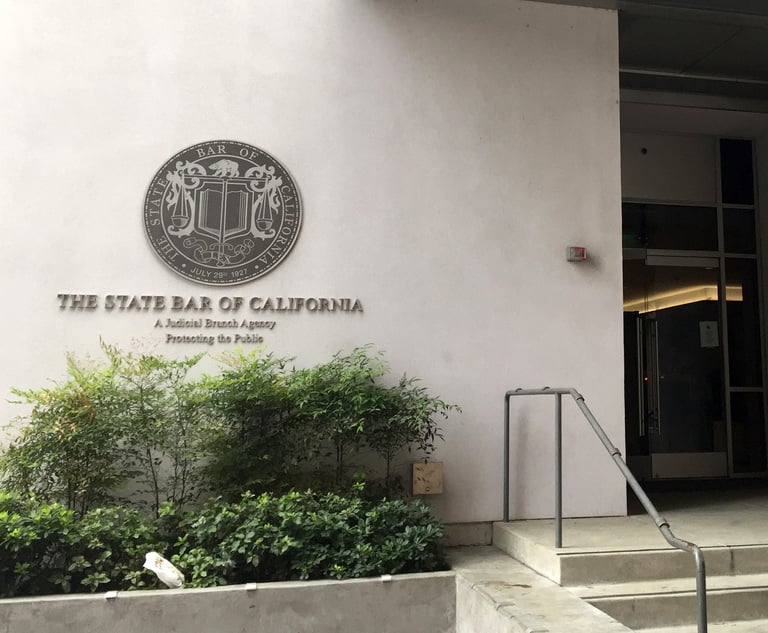Antitrust laws serve vital government interests by promoting free competition and innovation and protecting consumer welfare. The language of the Sherman Act and Clayton Act and their state law analogues, as well as their legislative histories, make that clear. See Northern Pacific Railway v. United States, 356 U.S. 1, 4-5 (1958) (“The Sherman Act was designed to be a comprehensive charter of economic liberty aimed at preserving free and unfettered competition as the rule of trade.”); Clayworth v. Pfizer, 49 Cal. 4TH 758, 233 P.3d 1066, 1083 (Cal. 2010) (“The main purpose of the antitrust laws is to protect the public from monopolies and restraints of trade.”). Private civil enforcement of the antitrust laws is integral to the accomplishment of these governmental interests, see Brunswick v. Pueblo Bowl-O-Mat, 429 U.S. 477, 485 n. 10 (1977); see also Hawaii v. Standard Oil, 405 U.S. 251, 262 (1972) (“By offering potential litigants the prospect of a recovery in three times the amount of their damages, Congress encouraged these persons to serve as ‘private attorneys general.’”); see also Cal. Bus. & Prof. Code Section 16750(a), which gives the right to any person in any state to bring claims against California defendants for violations of the Cartwright Act. As a matter of federalism under the Constitution, the regulation of monopolies and unfair competition is “an area traditionally regulated by the states,” see California v. ARC America, 490 U.S. 93, 101 n. 4 (1989) and for which federal law, absent explicit congressional authorization, has no preemptive power. Indeed, 21 states had enacted antitrust laws before the Sherman Act became law, and the laws of those states differ from federal law in many regards. See Aryeh v. Canon Business Solutions, 55 Cal.4th 1185, 1195 (2013) (“Interpretations of federal antitrust law are at most instructive, not conclusive, when construing the Cartwright Act, given that the Cartwright Act was modeled not on federal antitrust statutes but instead on statutes enacted by California’s sister states around the turn of the 20th century.”).
In certifying a class under California law, the district court ruled that California has a strong public policy in the application of the Cartwright Act to alleged antitrust violations by Qualcomm, which is based in and makes its business decisions in San Diego, see In re Qualcomm Antitrust Litigation, 328 F.R.D. 280 (N.D. Cal. 2018). Qualcomm is alleged to be a monopolist. Qualcomm’s chips are essential for smartphones and tablets, among other products. Qualcomm agreed to license its chips to others on fair, reasonable and nondiscriminatory terms (FRAND). Plaintiffs allege that Qualcomm abused its monopoly power, including its FRAND commitments, and that those actions violate California’s Cartwright Act. The class includes nearly 250 million American consumers asserting that Qualcomm’s policies in licensing its chips to companies like Apple and Samsung—and in refusing to license them to potential competitors like Intel—give rise to damage claims under California law. Whether or not the plaintiffs are correct is not at issue in the appeal of the class certification order.


 Steve Williams of the Joseph Saveri Law Firm, left, and Gayatri Raghunanda, right.
Steve Williams of the Joseph Saveri Law Firm, left, and Gayatri Raghunanda, right.




